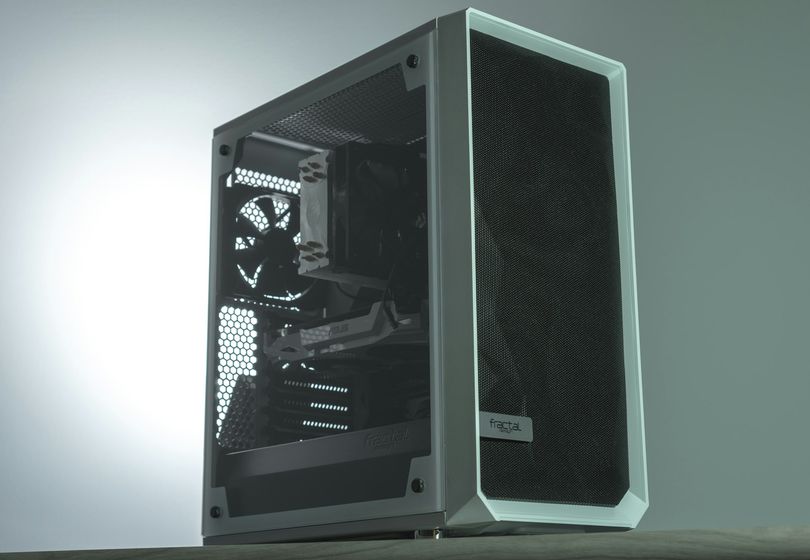
With technology advancing at a rapid pace, the future of PCs is set to undergo significant transformations by 2025. From AI integration to quantum computing, various trends are poised to shape the way we interact with computers. Let's delve into the top 5 computer technology trends that are expected to drive innovation and redefine the landscape of PCs in the coming years.
1. AI Integration: Artificial Intelligence (AI) is set to revolutionize the capabilities of PCs, making them smarter and more intuitive. AI algorithms will not only enhance user experience but also optimize tasks such as predictive maintenance, data analysis, and natural language processing.
2. Quantum Computing: Quantum computing has the potential to exponentially increase processing power, enabling PCs to solve complex problems that are currently beyond the reach of traditional computers. As the technology matures, quantum PCs could usher in a new era of computing power.
3. Cloud Technology: Cloud computing will continue to play a vital role in the future of PCs by enabling seamless collaboration, data storage, and scalable computing power. The integration of cloud technology will empower users to access their data and applications from anywhere, at any time.
4. Edge Computing: Edge computing is poised to become mainstream, with PCs leveraging edge devices to process data closer to the source. This approach reduces latency, enhances data security, and enables real-time processing, making PCs more efficient and responsive.
5. Sustainable PCs: As environmental concerns take center stage, the demand for sustainable PCs is on the rise. Manufacturers are focusing on eco-friendly designs, energy-efficient components, and recyclable materials to reduce the carbon footprint of PCs and promote sustainability in the tech industry.
Alongside these major trends, other notable advancements such as virtual reality integration, processor innovation, and cybersecurity enhancements will further shape the future of PCs. Virtual reality will offer immersive experiences for entertainment and productivity, while processor innovation will drive performance improvements and energy efficiency. Cybersecurity measures will continue to evolve to protect PCs from emerging threats and safeguard user data.
In conclusion, the future of PCs in 2025 looks promising, with a host of technology trends poised to redefine the capabilities and functionalities of computers. From AI-powered intelligence to sustainable design practices, the evolution of PCs is set to enhance user experiences, bolster productivity, and drive innovation across various industries.
